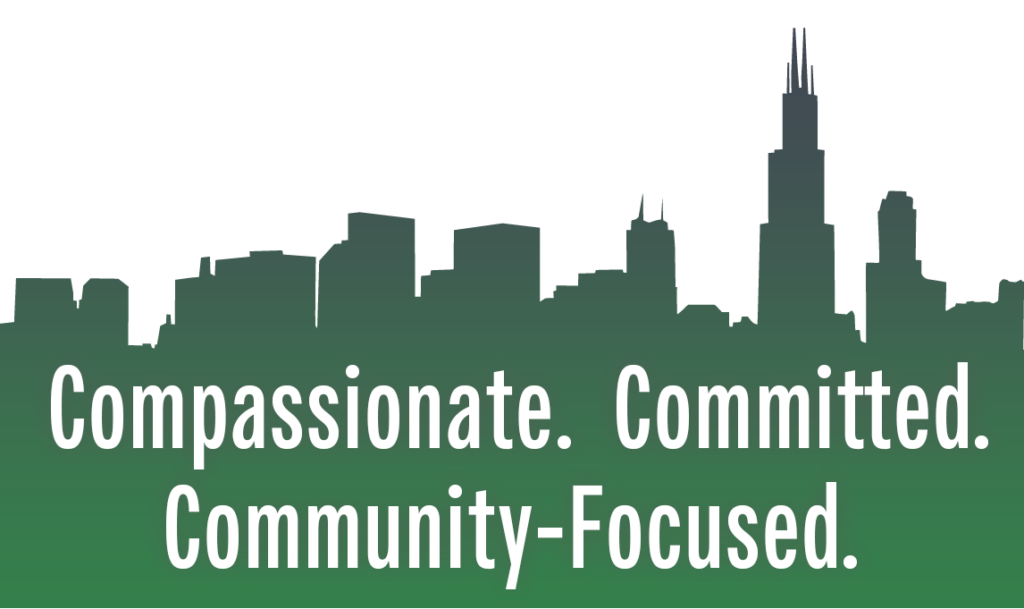Stalking No Contacts, Orders of Protection and Civil No Contacts
Understanding Protective Orders in Illinois
Illinois law provides several types of protective orders designed to prevent harassment, abuse, and unwanted contact between individuals. Whether you are seeking a protective order or defending against one, these cases require immediate attention and skilled legal representation.
Our office can help if you are seeking or defending these cases
For those seeking protection, understanding which type of order applies to your situation is the first step. The process typically begins with filing a verified petition with the court, explaining the specific incidents of abuse, harassment, or stalking you have experienced. An experienced attorney can help you navigate the process, prepare your testimony, gather evidence, and ensure your petition clearly establishes the legal grounds for the protection you need.
For those defending against a protective order, it is essential to understand that these proceedings can have serious and lasting consequences. These orders can restrict where you can go, affect your ability to see your children, impact your employment (particularly in fields requiring background checks or security clearances), limit your Second Amendment rights, and appear on background checks. You have the right to contest the allegations at a hearing, present your own evidence and witnesses, and challenge the credibility and sufficiency of the petitioner’s claims.
Our office can provide guidance for the following orders in Illinois:
- Orders of Protection: Abuse by family or household members, orders of protection require that the parties had a relationship of some sort.
- Civil No Contact Order: No prior relationship between the parties and are for allegations of sexual assault.
- Stalking No Contact Orders: No prior allegation allegations of more than one instance of unwanted contact like stalking, cyberstalking, or related offenses.
Call Today for a Consultation
We will help you understand how to deal with orders of protection. Contact us to schedule a free consultation; you can reach our office by calling 630-635-5555 today.

